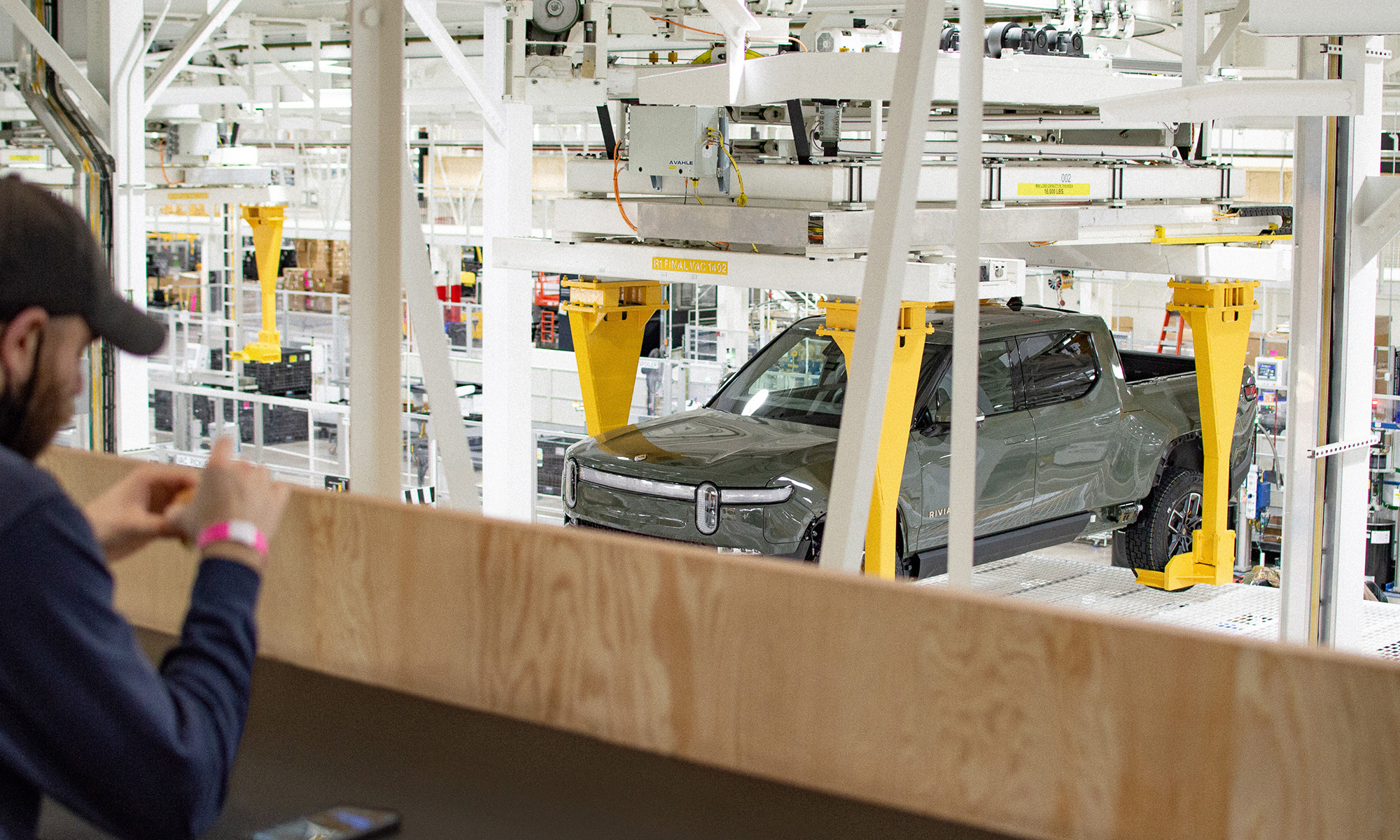The next few months could be difficult for Rivian (RIVN +0.89%). Federal tax incentives for new electric vehicle (EV) purchases could soon be eliminated. Plus, there's another little-understood federal incentive program that could wipe out hundreds of millions in "free" profit for nearly every U.S. EV manufacturer.
If all these incentives are eliminated, we could see Rivian stock fall below $10 per share. If this happens, should you jump on the chance to buy? Absolutely, but there are a few things to keep in mind if you do.

NASDAQ: RIVN
Key Data Points
Rivian might lose these critical federal incentives
Looking to buy an electric vehicle yourself? You might want to act fast. That's because President Trump's new bill proposes eliminating the federal tax incentives for new and used EV purchases.
Right now, most new EVs qualify for a $7,500 tax credit upon purchase. Used vehicles can qualify for a tax credit of up to $4,000. Though there are some price and income limitations, these tax incentives have undoubtedly made EVs cheaper to purchase, adding demand to a vehicle category that is otherwise still more expensive to buy than traditional internal combustion vehicles.
Rivian won't take a huge immediate hit from the elimination of these incentives. That's because most of its vehicles no longer qualify, partially due to price limitations, but also because its batteries don't include enough material sourced from either the U.S. or its listed trading partners -- a key requirement for tax credit qualification.
But the company's new mass-market vehicles set to launch in 2026 may yet qualify. If those lower-priced vehicles do theoretically qualify, but tax incentives are eliminated before they reach production, expect demand to be lower than it otherwise would be.
There's another tax incentive, however, that could be even more destructive for Rivian, should it be eliminated. Most American EV producers generate "free" income by earning automotive regulatory credits under a variety of state and federal programs. EV makers earn these credits and then sell them to automakers that don't produce enough low- or zero-emissions vehicles.
In the final quarter of 2024, Rivian sold $300 million of these credits, essentially producing $300 million in pure profit. That undoubtedly helped the company achieve positive gross margins that quarter for the first time in company history. While the company likely earns most of these credits from state programs like California's, the elimination of federal programs could have a disproportionate impact on both revenues and profits.
What if these programs are eliminated and Rivian stock falls in response? The stock could be a buy under $10 per share, but there are a few things to know before jumping in.

Image source: Getty Images.
Should you buy RIVN stock if shares fall below $10?
Right now, Rivian stock trades at just 2.9 times trailing sales. If shares fell below $10, they would trade at roughly 2 times sales. The last time shares were priced that cheaply was in June 2024. In the 12 months that followed, Rivian stock rose in value by more than 35%.
Back then, however, federal EV incentives weren't as at risk as they are today. So what would the ultimate impact be on Rivian's financials should these programs be eliminated?
As mentioned, the company earned around $300 million by selling automotive credits in the last quarter of 2024. In the first quarter of 2025, regulatory credit sales totaled around $157 million -- more than half of the expected sales total for 2025. So moving forward, at least according to previous estimates, we should see less income from these sales in future quarters.
How much of these credit sales are from federal sources? It's tough to know, as the company doesn't break things down any further. Eliminating tax incentives for EV buyers will have an equally murky effect.
Rivian's new affordable models -- to be launched in 2026 and 2027 -- will help the company reach price-conscious buyers. But when some European countries ended incentives, sales for EVs plummeted despite the availability of more affordable models in those markets.
In all, Rivian stock will become a more complicated story, should these programs be eliminated. Shares will look cheap on a trailing basis if they fall to $10 or below. But expect the company's sales growth trajectory to be pushed out by a year or two, with capital perhaps more difficult or more expensive to raise.
Rivian stock is likely still a buy, but only long-term investors willing to wait many years should jump in.





